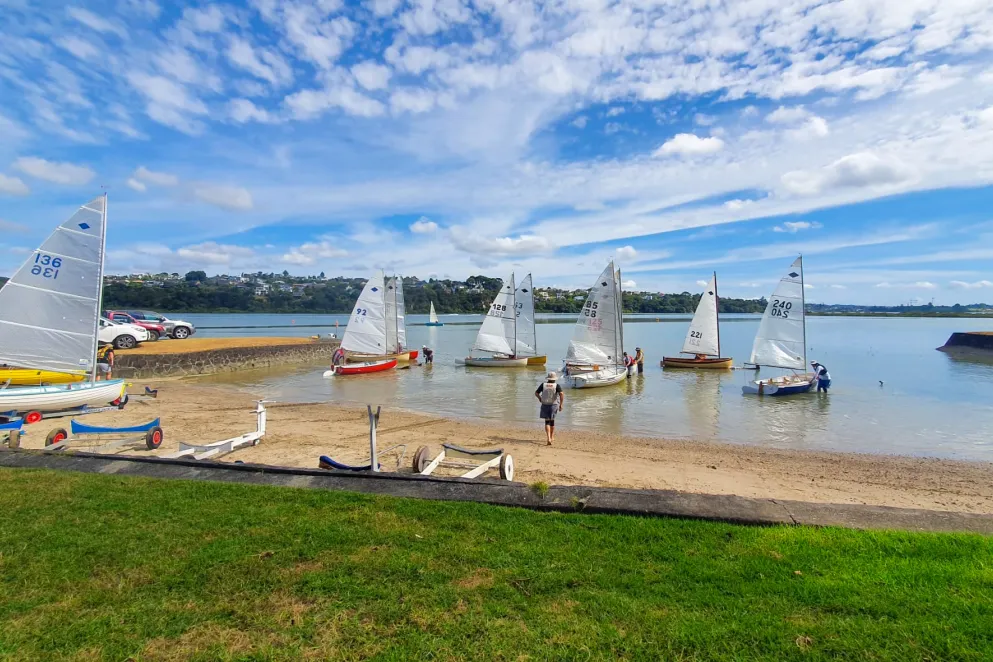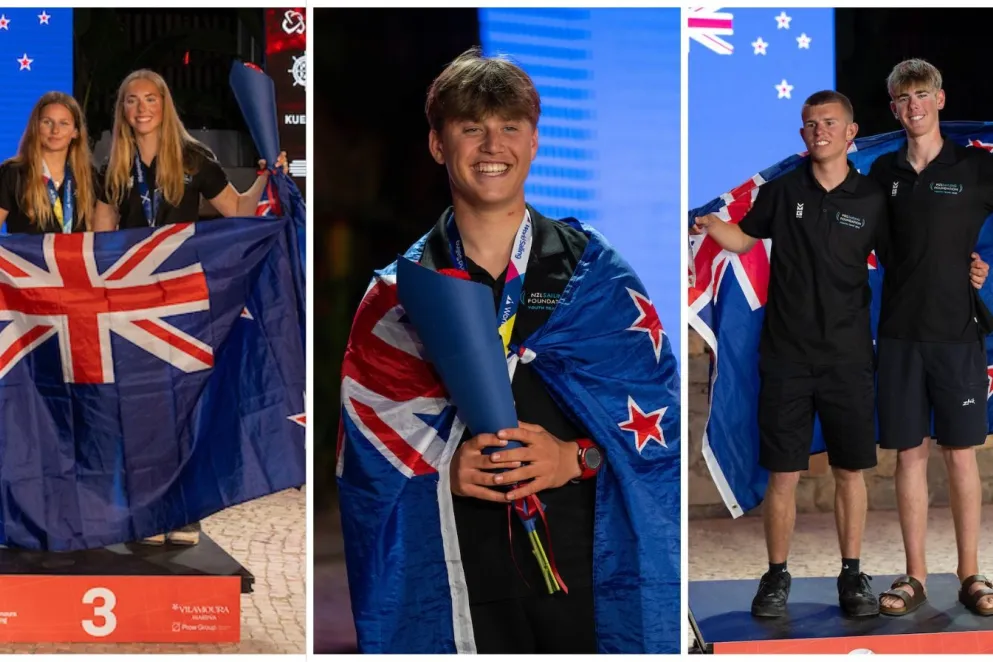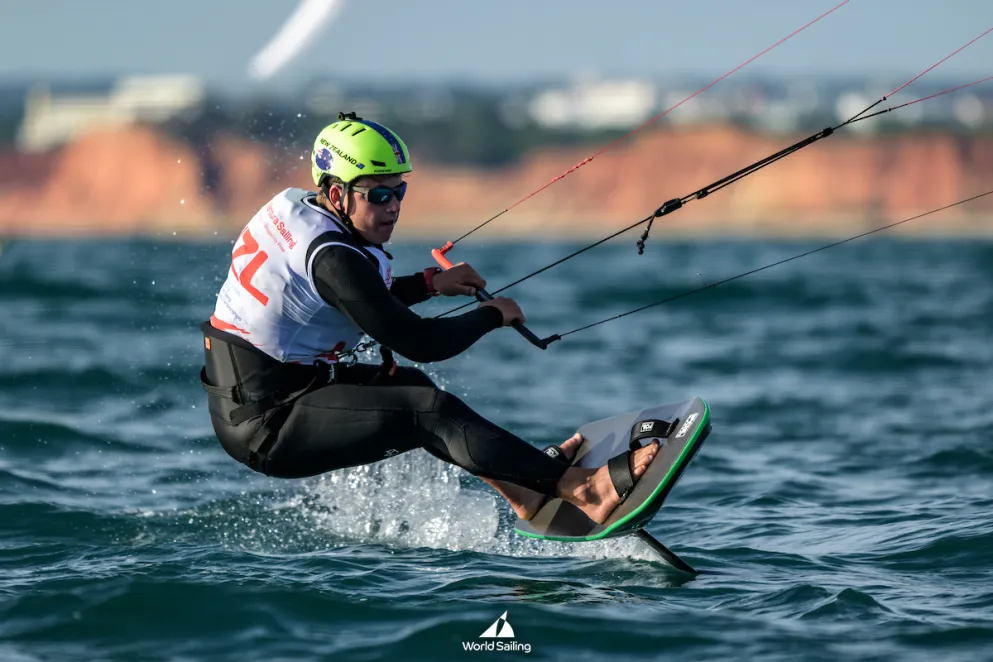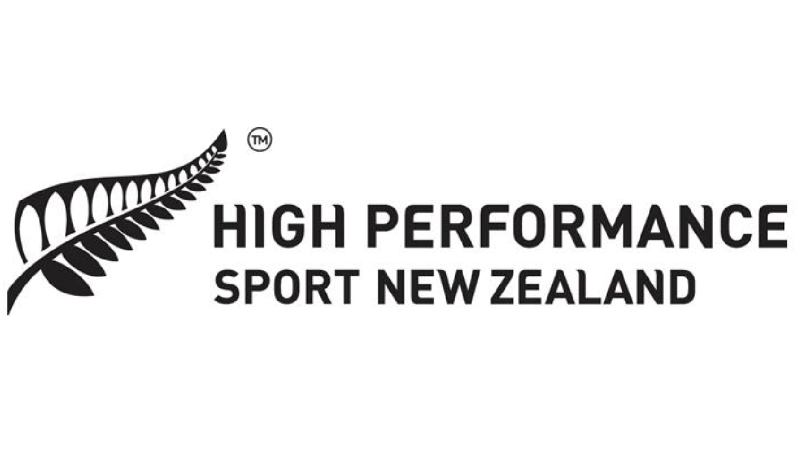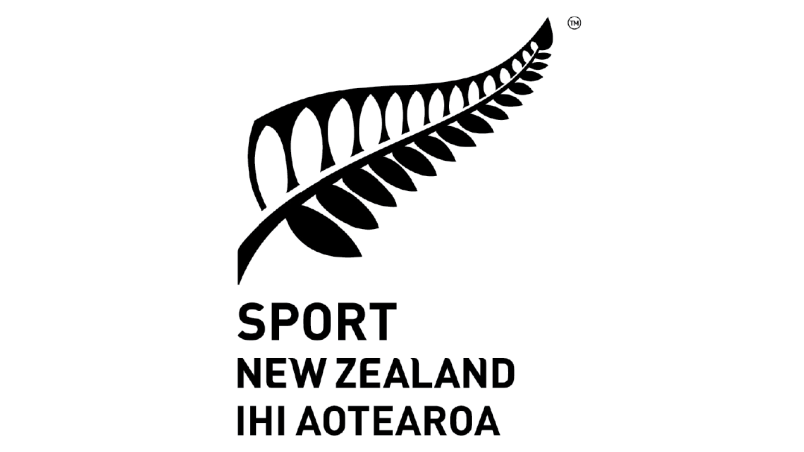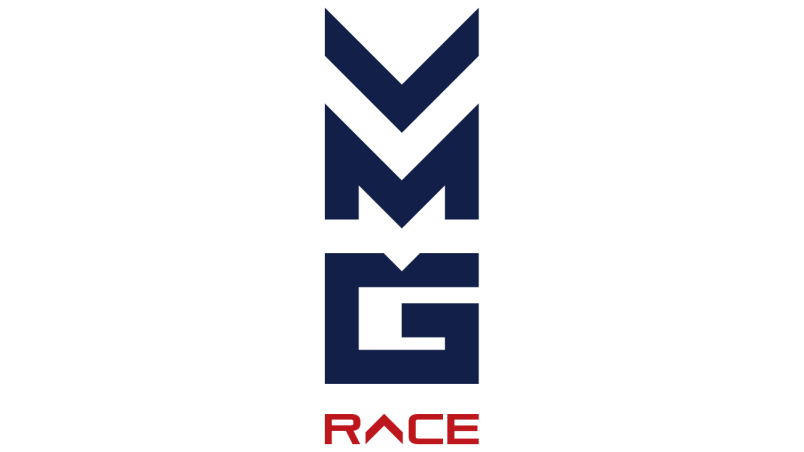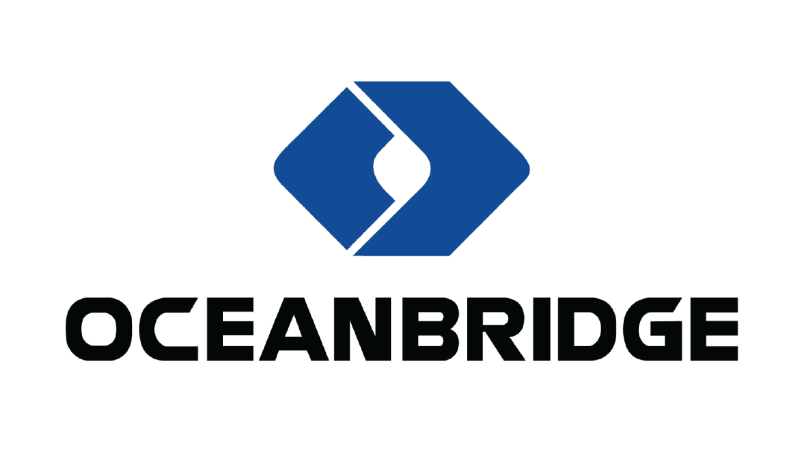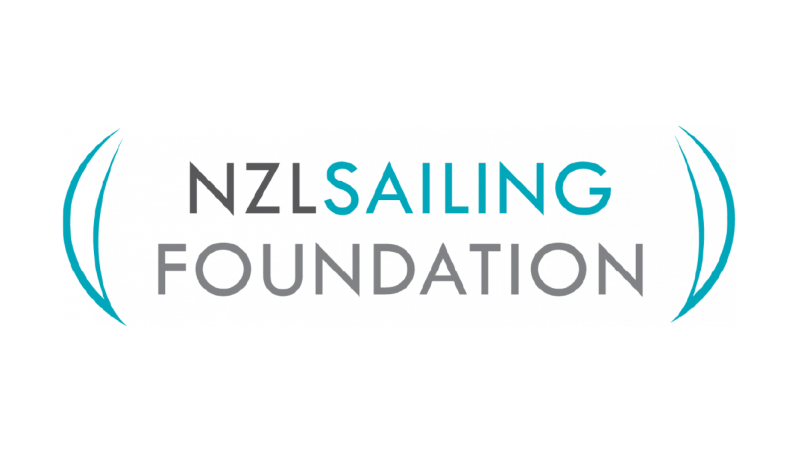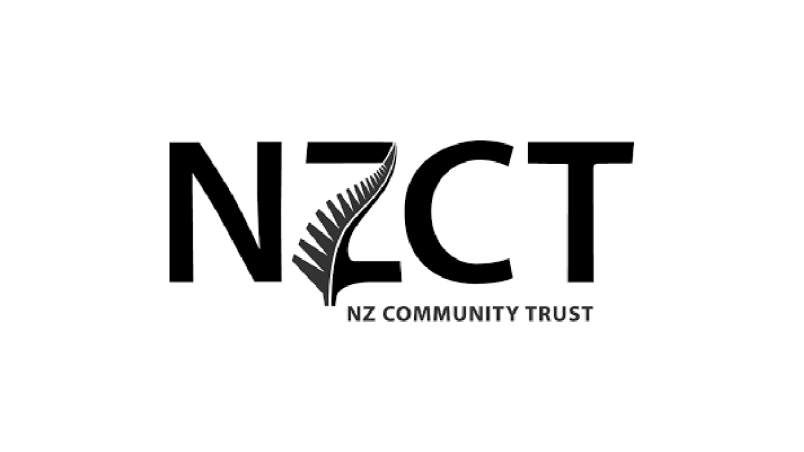Regional Roundup - adult learn to sail
The four Yachting New Zealand regional development managers take a look at what has been happening in their areas and also take a look at the growth of adult learn to sail courses.
Adult learn to sail is becoming the new growth activity in yacht clubs around New Zealand.
Possibly fuelled by the America’s Cup and Olympics, we are seeing more and more demand for these programmes and clubs are adding this option to their learn to sail programmes. Training boats range from RS Fevas and 420s through to Quests and keelboats.
Yachting New Zealand recently updated their Introduction to Keelboat Sailing Level 1 manual, which is a valuable resource for adult learn to sail courses in both keelboats and dinghies.
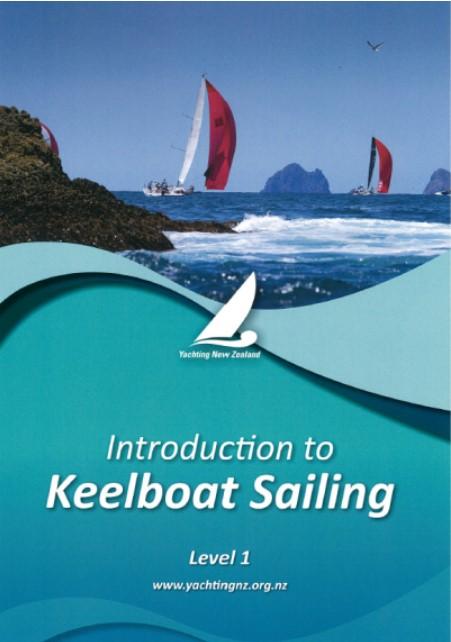
The manual offers an informative introduction to keelboat sailing with colourful pictures, clear diagrams and includes essential technical and safety skills necessary for sailors to learn. The aim of entry level courses is for sailors to learn the basics of yachting, which can lead onto higher level courses and more sailing experiences.
The topics covered include:
- Hazards, equipment, parts of the boat and sailing definitions
- Hoisting and changing the mainsail and basics of sail trim and tell-tale use
- Avoiding collisions and recovering a man overboard
- Understanding weather forecasts and the clothing suitable for different conditions
- Learning a variety of knots and their uses
- Performing all roles associated with tacking, gybing and other crew positions of a boat
- A knowledge of the give-way rules
Members of yacht clubs affiliated to Yachting New Zealand can purchase the book through the Yachting New Zealand website shop here
Splashing out at Wakatere
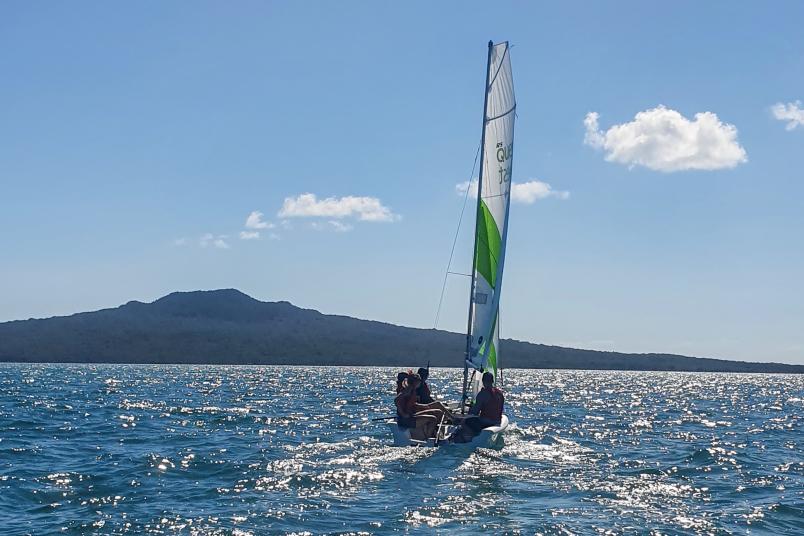
Last weekend the Wakatere Boating Club held a women’s have-a-go-splashing-out event for local women in the community, which attracted in excess of 20 women.
Led by Julia Faire, the course gave many of the women a chance to do something they hadn’t done before.
The club used three Sunbursts, an RS Quest and RS Feva, with club members who had learned to sail in their adult years on each boat to support the newcomers.
It was a perfect day for it. One women commented on how amazing it was to get on the water in her local area and gave her a sense of freedom.
The club are working on a social sailing programme as well as green fleet racing for adults new to sailing.
These sorts of activities are a great way to attract potential members and Yachting New Zealand would encourage more clubs to work alongside their community similar to the way Wakatere did.
Find out more about Wakatere's adult learn to sail courses here.
Royal Akarana Yacht Club
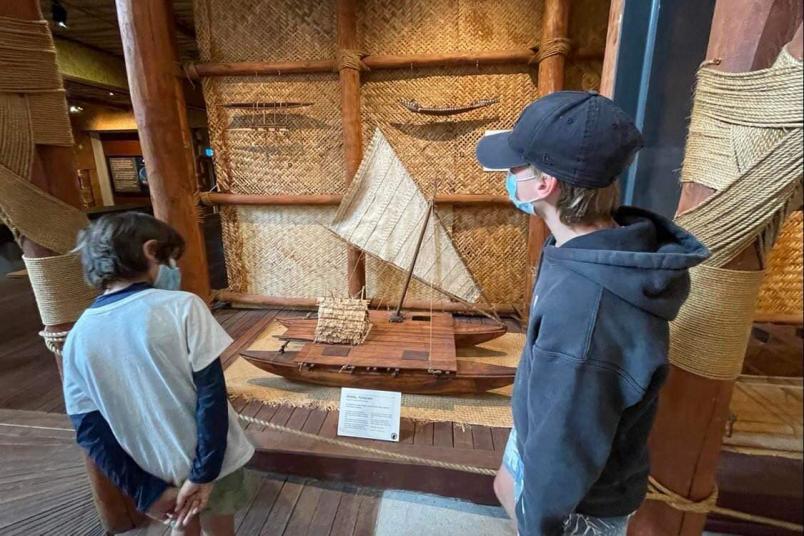
The Akarana Academy run a programme throughout the school holidays called Sail & Play, which not only teaches kids to sail but also introduces them to other relevant and interesting activities.
After a morning sailing, the sail & play group then ventured down the harbour to the Maritime Museum. Led by Academy coaches, the sailors enjoyed a great experience and learned so many new skills, like sailing history, boating, engineering, racing, ecosystems, the environment, pollution and much more.
Other activities include rib adventures, destination sails and sailing games. You can find out more about the Akarana Academy here.
New Plymouth Yacht Club
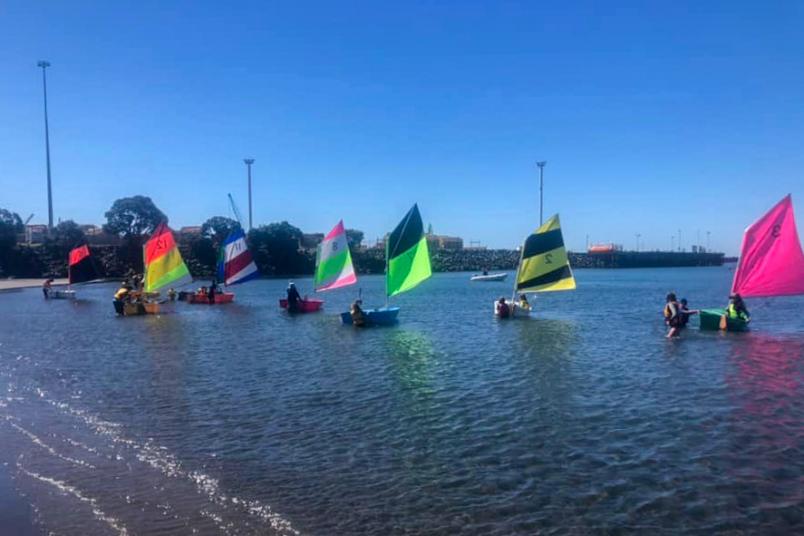
New Plymouth's JuniorSail was well attended this year with 26 sailors.
While there were some concerns regarding the weather in the lead-up to the camp, these soon dissipated and participants enjoyed two fabulous days on the water.
This years destination sail took the sailors up to Moturoa Island where plenty of seals hang out. After a stop on the way back to let a ship berth at the port, they got into some short pursuit races and three-in and Opti relays, as well as the world-famous three-legged race with two boats attached with the painter.
The food always hits the spot at camp and this year was no exception. Needless to say, there were plenty of tired sailors at the end of the two days.
Taikata Sailing Club
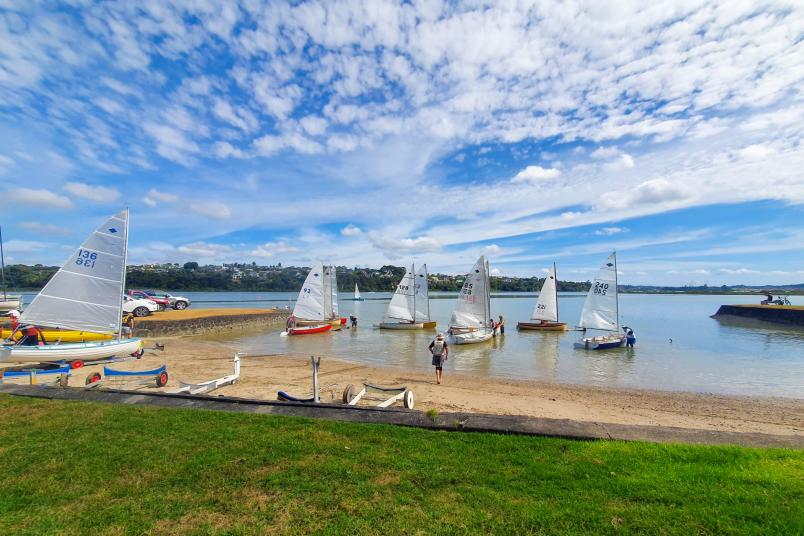
Photo: James Ledingham
As with many Auckland clubs, Taikata had a bit of a rocky start to the 2021/22 summer season but got back into racing last weekend with Trophy Day, which attracted 15 Frostbites.
Taikata's Frostie fleet has grown steadily over the past five years, which has had a positive influence on club membership. Many of those are younger members from the local marine industry.
One of the main attractions of the class is the low cost of a competitive boat and the short and sharp race days that allow for plenty of time for family and other non-sailing activities.
The next main event for the Frostie fleet will be the Mahurangi classic regatta on January 29, followed by the Waitakere Champs on February 5-6.
The club expect the regular Frostie fleet to exceed 20 boats for the 2022 season due to the completion of several boat restorations and an influx of keen new members to the club.
Taikata are now looking to employ a part-time coach to reinvigorate the club's Opti learn to sail programme.
They have significant demand from local parents and children wanting to get into sailing and, with a fleet of club-owned Optis and sheltered sailing area directly in front of the clubhouse, they are in a good position to build the programme.
Hamilton Yacht Club
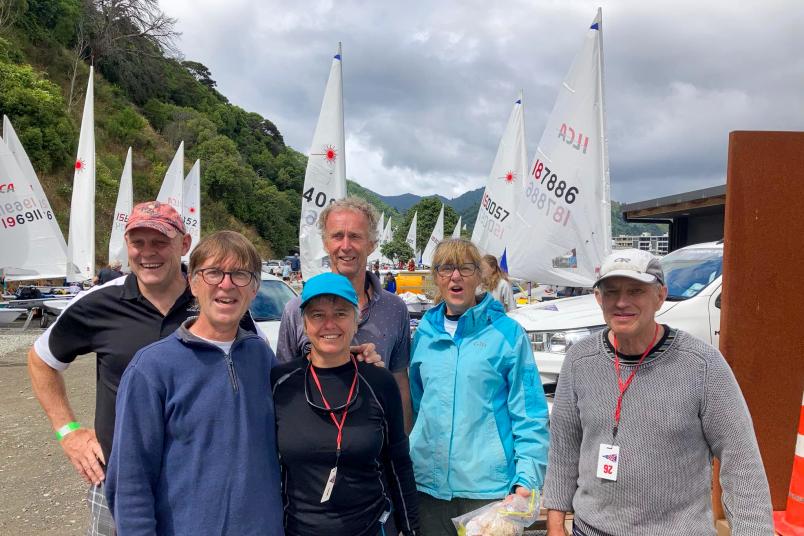
The Hamilton Yacht Club were well represented at the recent ILCA (Laser) national championships, with seven sailors making the trek to the Queen Charlotte Yacht Club in Picton.
Many of them also achieved success, and notably many are also committee members.
Commodore Werner Hennig was third overall in ILCA 6 masters and 1st grand master and rear commodore Helen Spencer was first ILCA 6 masters woman.
Vice commodore Scott McDougall required a trip to Blenheim hospital with a suspected fractured finger after day two of the regatta. It turned out to be ripped tendons, which sadly spelled the end of his regatta.
On top of that George Lane was second overall in the ILCA 6 fleet, Lucia Chaga was also in the running for the ILCA 6 masters women's title before the stronger winds on the final day favoured Spencer and Rick Spencer and Ken Atchison also achieved credible results.
You can read more about the ILCA nationals here as well as efforts to develop the ILCA female fleet here.
